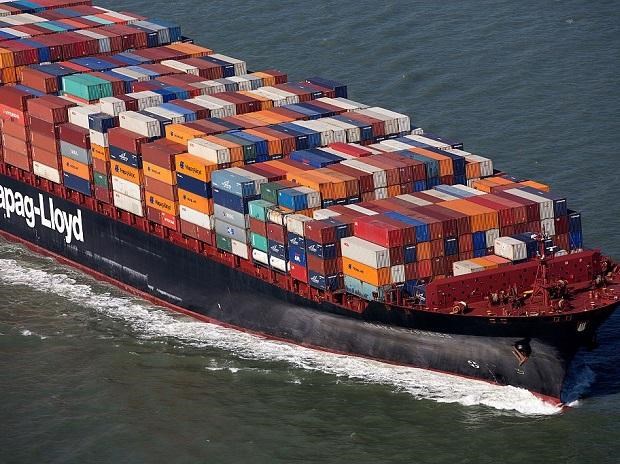US expands export restrictions for Russia, Belarus
The US has imposed new export restrictions, tightening the ban on Russia and Belarus.
-

US expands export restrictions for Russia, Belarus: Commerce Dept.
The Commerce Department said in a statement that the US has expanded export limits on Russia and Belarus' access to everything on the US commerce control list to now include chemicals, materials processing components, and nuclear-related commodities.
"In response to the Russian Federation’s (Russia) ongoing aggression in Ukraine following its further invasion of the country, as substantially enabled by Belarus, this rule expands license requirements for Russia and Belarus under the Export Administration Regulations (EAR) to all items on the Commerce Control List (CCL)," the Commerce Department said in a press release on Friday.
According to the announcement, the new rule also eliminates license exception eligibility for aircraft registered in, owned or controlled by, or under charter or lease by Belarus or a Belarusian national.
What categories are included?
As a result of the most recent update, the limits will now apply to all 10 categories of commerce control lists (numbers 0-9). Chemicals, microbes, minerals, fertilizer, materials processing parts like valves, and dual-purpose nuclear-related products and equipment are among the items that the Commerce Department is strengthening export regulations on.
Previously, US export prohibitions against Russia were divided into categories 3-9, which included electronics, computers, telecommunications, lasers, marine materials, and aerospace and propulsion products.
The US and its European partners have placed a slew of sanctions and export limitations on Russia in response to Russia's special military operation in Ukraine.
US severs normal trade ties with Russia
The US Congress voted Thursday to sever normal trade relations with Russia and systemize President Biden's ban on Russian oil as pressures and sanctions mount on Moscow over the war in Ukraine.
The legislation also applies to Belarus, a close ally of Russia's, and it enables Washington to hike tariffs on imports, which would make it harder for Russian products to sell in the United States due to the surging prices caused by this policy.
The bill obtained the consensus of the Senate after the Suspending Normal Trade Relations with Russia and Belarus Act passed the House of Representatives with a final vote of 424-8.

 2 Min Read
2 Min Read









